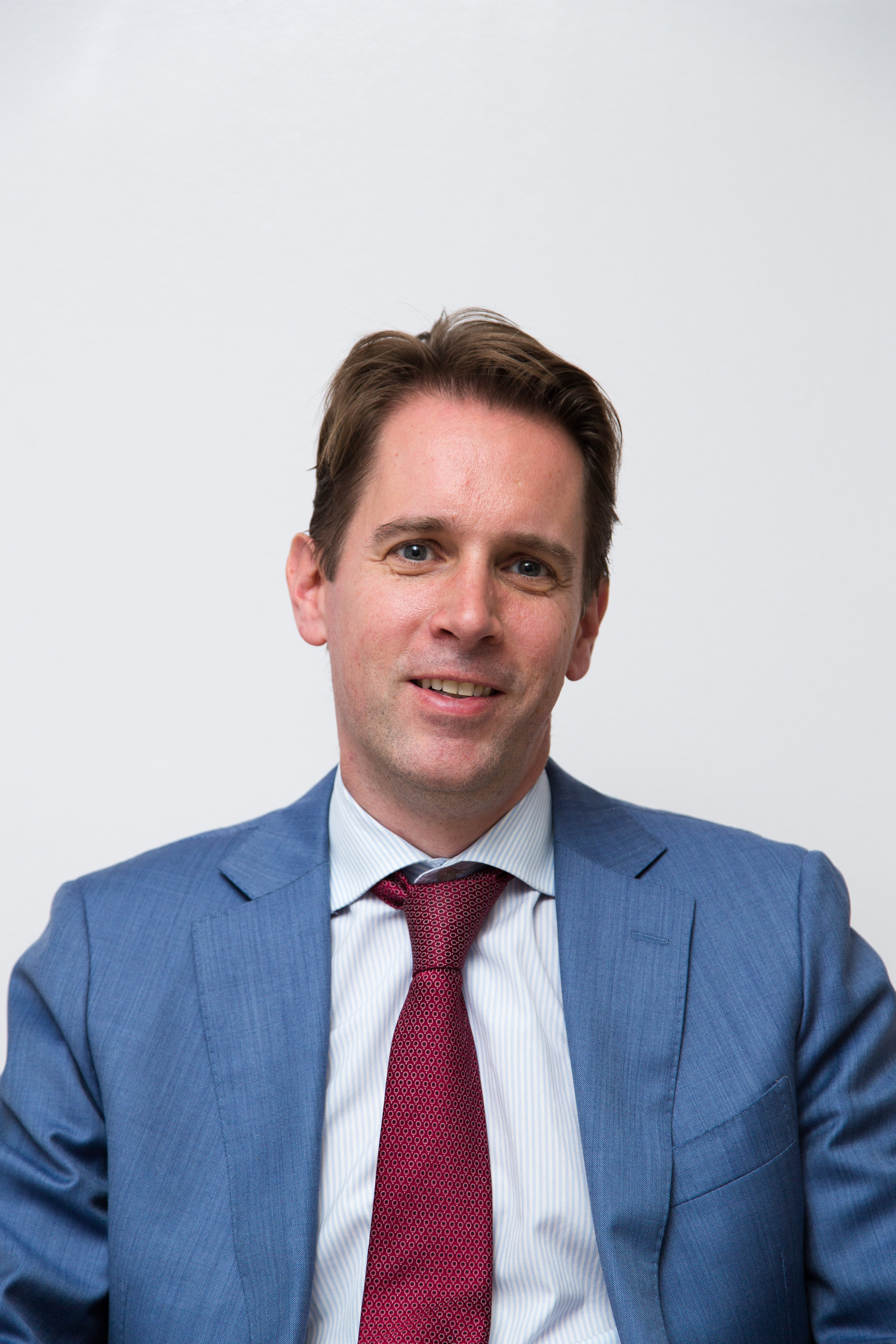As part of the global policy drive, the United Nations Development Programme (UNDP) today launched the 2019 human development report focusing on growing inequalities as the main development challenge to overcome.
The current socio-economic challenges notwithstanding, it is important to note that, between 1990 and 2018, Zimbabwe registered a 13.2 percent increase in the overall human development and is currently ranked number 150 out of 189 countries for which the Human Development Index (HDI) has been computed – an improvement from the 2017 rank of 153. This progress has been primarily due to cumulative dividends from investment in social sectors over this period, the report states. Life expectancy at birth increased by 3.1 years and mean years of schooling increased by 3.8 years, over this period. Income per capita, on the other hand, decreased by 1.2 percent in that same period.
Complacency, however, is not called for especially as the report highlights a new generation of inequalities is opening up that if left unchecked, threatens to undermine further progress in Zimbabwe and make it harder for those already behind to catch up.
New inequalities are becoming more pronounced, particularly around tertiary education, and the seismic effects of technology and the climate crisis. “This is the new face of inequality,” says UNDP Administrator, Achim Steiner. “And, as this Human Development Report sets out, inequality is not beyond solutions.”
Zimbabwe, like many African countries, finds herself at a crossroads, facing the dual challenge of ensuring that those furthest behind make progress with the basics, while paving the way for those further ahead to keep pace with the emerging requirements of today’s world. “What used to be ‘nice-to-haves’, like going to university or access to broadband, are increasingly important for success, but left only with the basics, many people find the rungs knocked out of their ladder to the future,” says UNDP’s Pedro Conceição, Director of the HDR team that compiled the report.
While the country has registered positive growth in human development in the recent past, an unacceptably large proportion of the Zimbabwean population still experience poverty and deprivation in multiple domains – says Georges van Montfort, the UNDP Resident Representative in Zimbabwe. When considering HDI values beyond averages, Zimbabwe loses 22.8 percent of its Human Development value in particular due to inequalities in income and life expectancy at birth. “As the country seeks to pursue economic recovery, it has a fundamental choice to make to ensure such recovery is broad-based, benefitting the majority of the Zimbabwean population and without further entrenching existing inequalities” according to Mr. van Montfort.
It is important to invest in those sectors of the economy and segments of society currently disadvantaged and experiencing the ever-present risk of sliding further into poverty, he opines.
In order to improve targeting of, not only the people who are poor but also the domains in which they are deprived, the reports call for a move beyond national averages. Averages hide what is really going on in society, says the HDR, and while they can be helpful in telling a larger story, much more detailed information is needed to create policies to tackle inequality effectively. Deeper and granular analytics and measurement of human development is key to improving human development, says Mr Ojijo Odhiambo, the UNDP Economic Advisor for Zimbabwe. We need to know who the poor are, the environment in which they live, the assets they own, their demographic characteristics, the skills they possess and the support structures around them, as well as their aspirations in life and what hamstrings their development process in order to better target our interventions, he says.
In conclusion, the report is unequivocally clear that although inequality possess a big challenge to the realization of human development across the globe, the solution to this problem is within our reach. “The good news is that inequality is not inevitable. Every society has a choice about the level and kind of inequality it is prepared to tolerate, says Mr says Conceição.”
